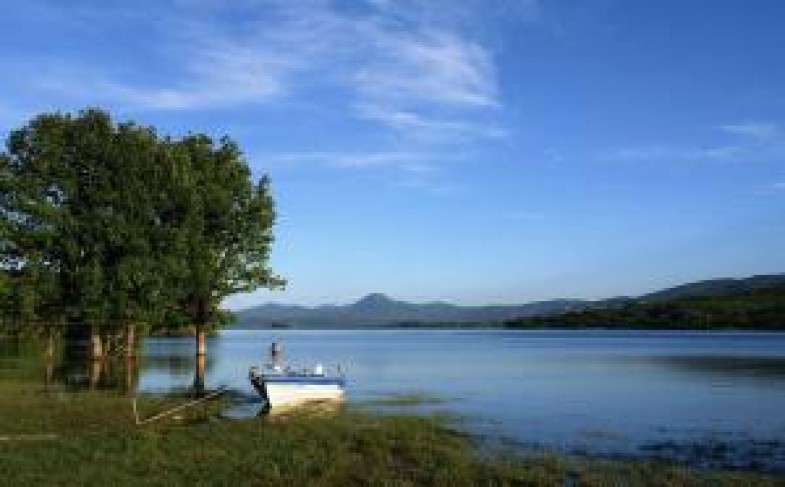Susan Raffo, a Minneapolis-based writer, activist and body worker wisely said, “The only time patterns become visible is when they are contradicted or challenged.” Here at On the Commons, we’ve discovered the need for a Great Lakes Commons Charter and set in motion a multi-cultural, cross-border commons movement by doing just that: questioning why the Great Lakes are severely threatened—despite the work of countless groups to protect and preserve the Lakes—and discovering a deeply troubling governance pattern.
Why we need a Great Lakes Commons Charter
The underlying logic driving Great Lakes policy and decision-making is dominated by a market paradigm biased toward private ownership and shortsighted economics, not public interest. The resulting value system is skewed in favor of private interests, leaving community members with two meager avenues for impact: petition or protest.
We’re calling for a fundamental shift in the governance structure—both of the basis on which decisions about the Lakes are made, and in who is making the decisions. In other words, we need to establish a different worldview—one that values the Lakes individually and as a source of life in such a vast region—and to articulate a new system of governance through a Great Lakes Commons Charter.
What exactly is a “Commons Charter” and how will it address the current governance structure?
Simply put, a commons charter (known among organizers as a social charter) is an established set of norms, rules, rights, and practices that define a community’s relationship to and governance of a commons. Today, we are a long way from establishing a successful commons charter for the Great Lakes: The average person living in the Great Lakes region thinks little about her relationship to the Lakes or her responsibility for them. While it’s evident that the people of the region love the Lakes deeply, that love is rarely tapped politically or socially.
We propose a commons charter creation process that will renew, rediscover and reinvent a stewardship culture around the Lakes. It’s important for the commons charter claim to be audacious and clear, as it needs to break through the status quo and galvanize people around a new framework for Great Lakes management. The claim needs to go beyond any existing environmental framework and put forward a substantive goal that clearly challenges the dominant political structure of current Great Lakes governance.
Because the people of the Great Lakes commons will be the first to legitimize a commons charter, it is critical that we create a highly participatory charter creation process involving people across the region. Our process will need to awaken and reconnect people to the Lakes through various means, enliven an alternate framework of belonging, engage people in the creative articulation of a shared vision for Lakes stewardship, and plant the seeds for new governance practices and structures.
What is On the Commons working on?
On the Commons is currently developing a game-changing strategy and co-creative process that will allow as many people to participate in the writing of a Great Lakes Commons Charter and the various events of the Great Lakes Commons Initiative as possible. You can learn many more details about the state of the Lakes, and about our current work to declare and live the Great Lakes as a commons in our “Great Lakes Plan”:http://www.onthecommons.org/work/reclaiming-our-great-lakes-commons-draft-plan-action.



